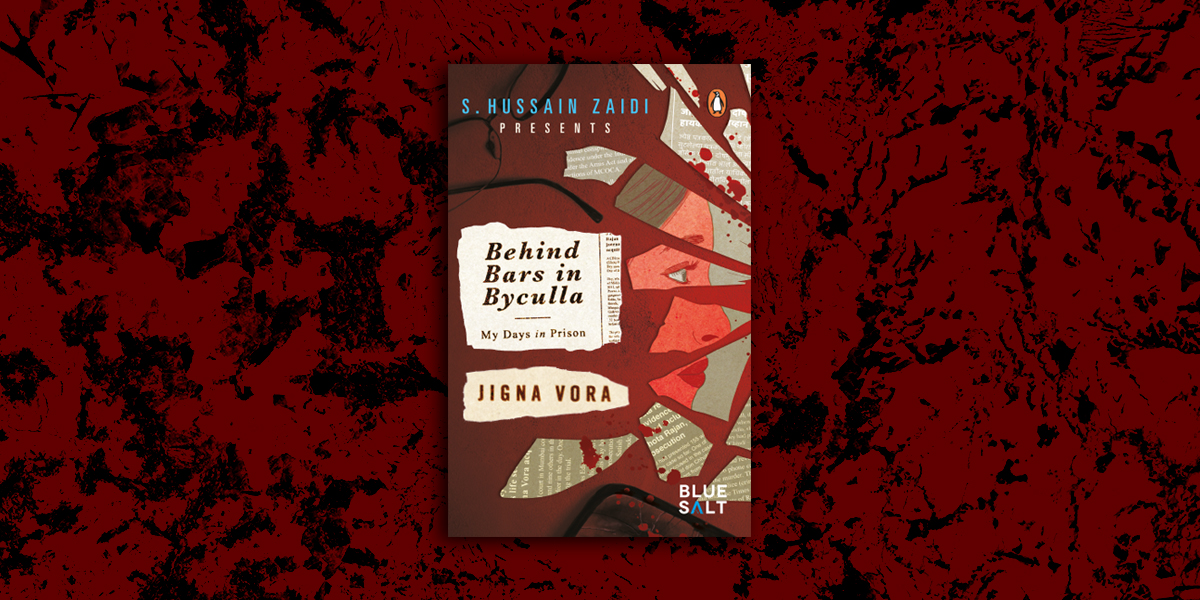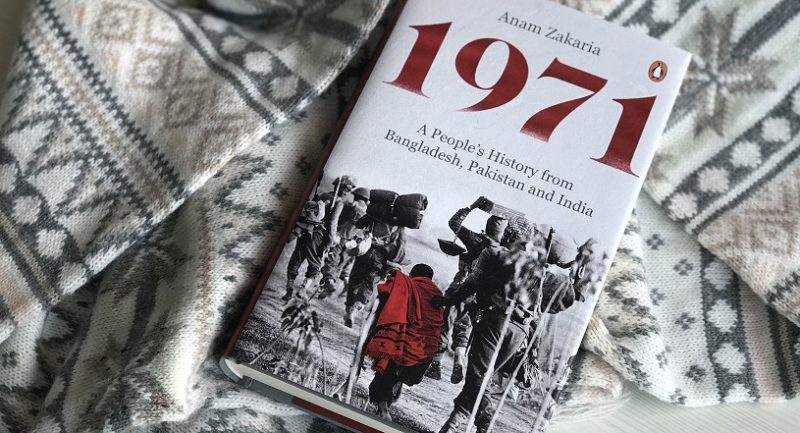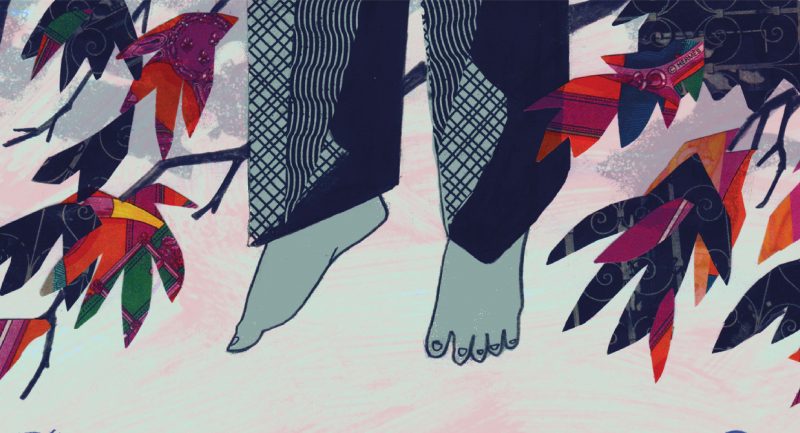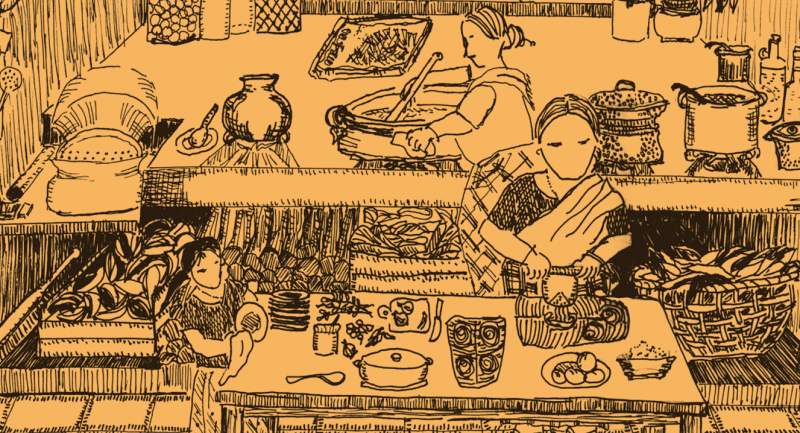
Journalist Jigna Vora’s book, Behind Bars in Byculla, is a highly personal and powerful story of her unjust incarceration and years spent behind bars. Here’s what she has to say about prison:
Jail is not a rehabilitation centre, it’s a recruitment centre.
In prison, life is ruled by rules. One is deprived of basic freedom for survival. It’s secondary whether you have committed a crime or not, or whether you are male or female. Once you are sent to prison, life changes in each and every aspect.
Being woman makes it a bit more difficult because of various issues like hygienic conditions etc.
During my days of covering crime, I had covered many cases wherein women were accused and sent to jail. I had many stories relating to jail. Little did I know that someday I would become the story others write about.
In jail, there is no privilege being a woman. Do you ever think of human rights violations in prison? Why does no one think of that and raise them? Perhaps because it is assumed by society that once jailed, the person is a criminal.
Once out from jail, society’s perception of the person changes. When society refuses to accept the person, he/she gets into vicious circles of crime. The inmates are not judgmental, and maybe because of this, the person tries to connect them once outside and form their own groups, getting into bigger crimes.
Behind Bars in Byculla is a story of survival and the complex power dynamics that exist within the walls of a prison. Find out Jigna Vora’s story, in her own words.









